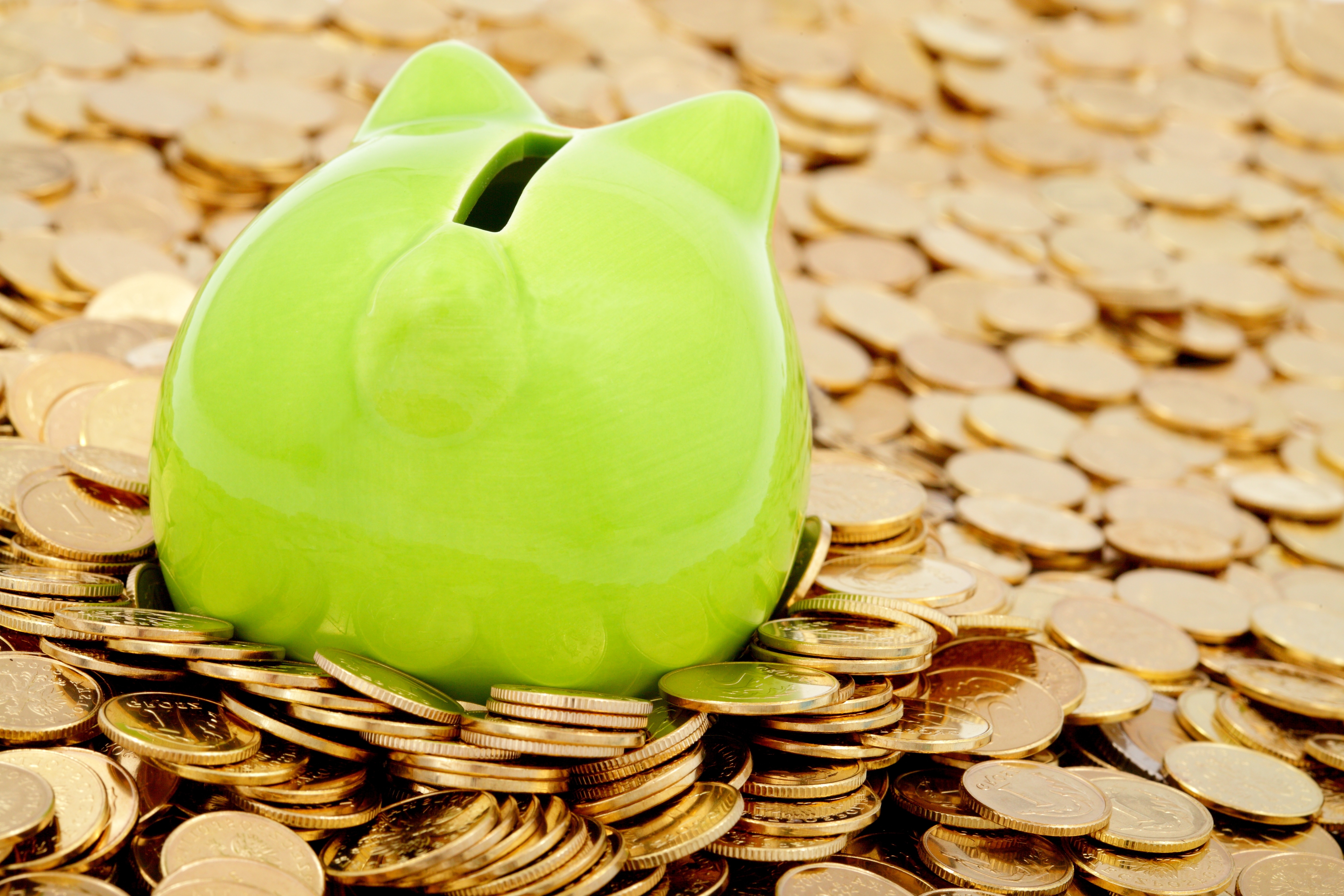Experienced Investor
How to invest and benefit from the sustainable ‘circular economy’

Guest Author:
Sara SilanoAs the world’s resources dwindle, wastage has become a serious issue impacting the global population. The circular economy aims to tackle waste by optimising resources and investors who can identify companies doing this well stand to benefit.
A number of companies have adopted the challenge of transitioning from a linear to a circular economy, with varying levels of success. The world’s eighth-largest auto maker, FCA group, sold more than 160,000 natural gas passenger cars and commercial vehicles between 2013 and 2015, and a total of 700,000 since 1997.
In other examples, Nike remanufactured material from 30 million pairs of used trainers that had been returned to the company, and Google (Alphabet) repurposed old hardware in its new data centres.
Some companies are more advanced than others in their efforts to maintain, repair, and recycle products and their material components. The Ellen MacArthur Foundation works with businesses and government to build a framework for an economy that is regenerative by design. Among its partners are Google, Nike, H&M, Danone, Unilever and the Italian bank Intesa Sanpaolo.
The European Commission, which launched the Circular Economy Package in 2015, believes waste prevention, eco-design and re-use measures could save EU businesses €600bn, or 8% of annual turnover. It’s estimated that Europe loses around 600 million tonnes of materials contained in waste each year that could potentially be recycled or re-used, so the potential for changes which impact the bottom line is significant.
The European Commission set a common EU target for recycling 65% of municipal waste by 2030 and 75% of packaging waste by 2030. In 2017, the Commission launched The European Circular Economy Stakeholder Platform, a “network of networks” going beyond sectorial activities and highlighting cross-sector opportunities and challenges. The Platform aims to be a hub gathering knowledge on the circular economy and a place for dialogue among stakeholders.

Wellness and wellbeing holidays: Travel insurance is essential for your peace of mind
Out of the pandemic lockdowns, there’s a greater emphasis on wellbeing and wellness, with
Sponsored by Post Office
All industries should be involved in the transition to a circular economy as part of their sustainability goals. However, some are more advanced than others. For investors with a concern for the sustainability management of the companies they invest in, it has proved difficult to meaningfully assess the sustainability credentials of funds across the investing universe. Today, sustainability ratings make light work of this research.
Our own sustainability ratings show that telecoms have the highest average sustainability score of any industry. Biotechnology has the lowest average sustainability score, due to the weak performance of the companies in the sector on environmental and social concerns.
How to gain exposure to the circular economy
For investors looking to gain exposure to the circular economy through the telecoms sector, Vodafone, Deutsche Telekom, Telefonica, AT&T and Orange are among the top holdings in fund portfolios. These companies are members of the Joint Audit Cooperation which aims to develop Corporate Social Responsibility across the manufacturing centres of multinational suppliers of the Information Communication Technology (ICT) industry.
All these companies are running circular economy projects, which will only benefit investors in the long-term as firms transition to a more sustainable operating environment.
Sara Silano is manager at fund research firm Morningstar Italy